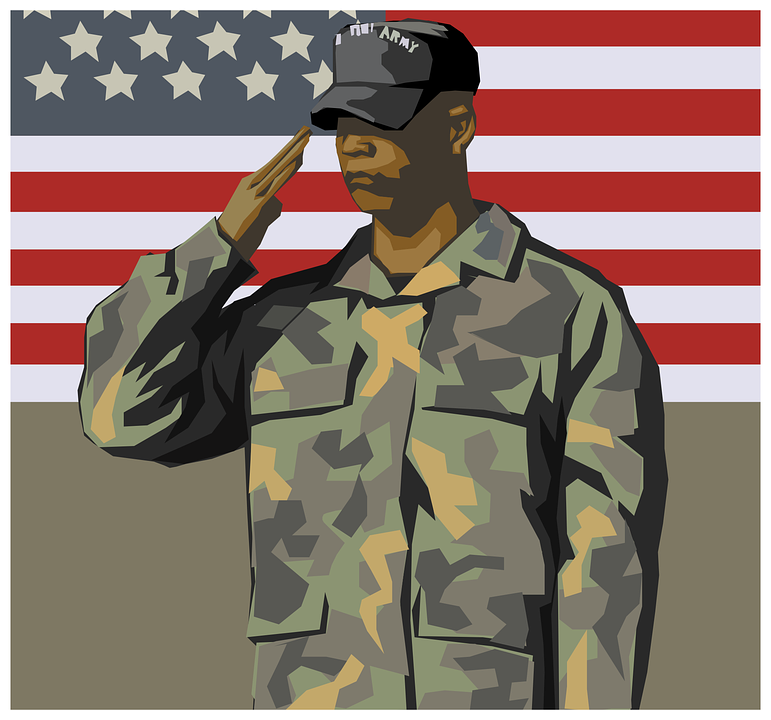Savvy employers comprehend that the hiring of veterans is a good business move, and clearly there are many business people who get that as the rate of unemployment for members of the armed services plummets, this is becoming more important. Business owners who would like to get the best benefit by investing in our veterans should be stepping up to facilitate the transition from soldier and sailor to civilian working man or woman. It’s not always easy for a veteran to adjust to a particular corporate culture quickly enough and thoroughly enough to insure their success in the corporate world.
Returned veterans released from their active duty are currently top heavy with skills taught them during their years in the military; such things as leadership experience, marksmanship, a host of technical skills, and project management know how. Because of this, over fifty percent of veterans in the last twenty years have claimed that their military training really prepared them for a good civilian job. So it should be apparent that veterans are certainly prepared to enter the civilian workforce and make a positive difference, according to veteran-focused clothier Gadsden and Culpeper. That’s why employers would be smart to focus on helping the vets in their local community transition swiftly and efficiently to the civilian work culture that America has created in the last twenty years or so.
Even though there is always some adjustments that have to be made when a vet is demobilized, over a third of veterans claim they don’t receive enough training and support for those crucial first six months away from the military, and over half of veterans polled further claimed that what assistance they did get in the military to demob was ineffective and not relevant to their personal and economic circumstances. The rigorous training that the military demands, and the immediate and unquestioning obedience to orders that all military personnel live with for five or ten years does not always fit them for the think outside the box and teamwork mentality that corporate culture in America often expects of its employees. Many veterans struggle with the challenge of suddenly being released into an unregimented society where their thinking is no longer done for them, and they have to act as independent and responsible agents for themselves 24-7. This often makes the veteran feel left out and uninvolved with their coworkers, while they struggle to obey orders from supervisors and managers that are often phrased as suggestions instead of orders.
Every branch of the military train their men and women to understand and memorize their mission and vision as a guide to conduct and behavior both in battle and in camp. Our great military institutions have over a century of tradition and culture, plus government mandates, behind them that shape and influence every action and all the protocol that a soldier or sailor has to maintain during every waking moment. Thus veterans are especially comfortable and capable when they enter a corporate culture where a strong value system and plenty of traditions hold sway. They will thrive when they are sure of their orders and mission, and they will have complete confidence in their supervisors and managers when those individuals show they can lead with assurance and expertise, not just with an MBA degree.




